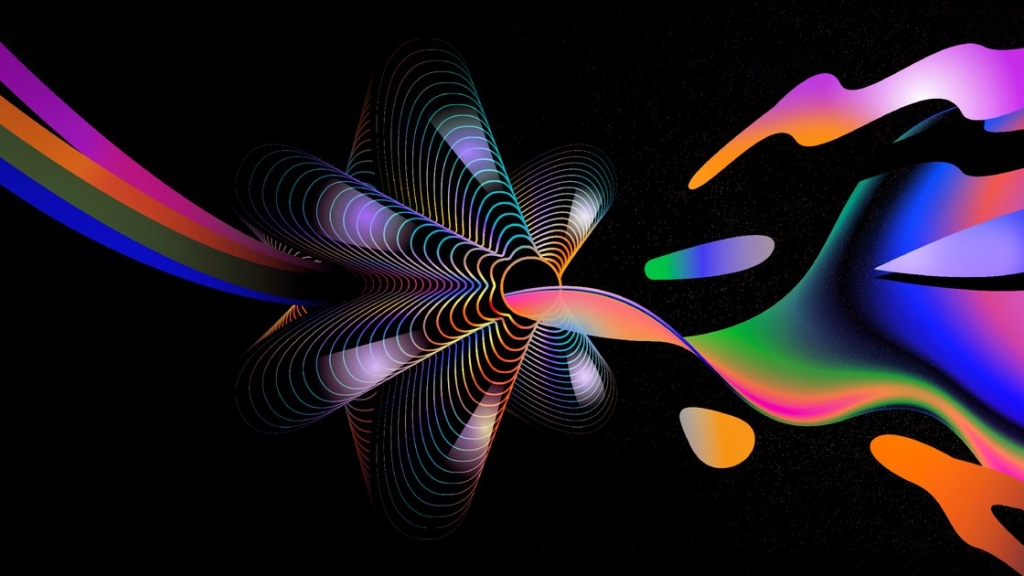Prof. Dan Rockmore ponders what happens when machines learn to write poetry in a recent piece for The New Yorker. From the article:
The history of intelligent machines is one of moving goalposts: Sure, a machine can do this, but can it do that? The “that” is often an achievement that strikes us as strongly connected to emotion—that seems especially human. A robot that can clean the crumbs from your living room isn’t nearly as impressive, or scary, as one that can leave you with a lump in your throat.
Poetry is a good place to move the end zone: it’s rooted in the inspirational and the comical—the deeply human—and yet, in many of its forms, it edges toward the computational and algorithmic. Poetry even seems to have been implicit in the bold 1955 manifesto that first announced the field of artificial intelligence, declaring that “an attempt will be made to find how to make machines use language, form abstractions and concepts.” The pioneers of A.I. never mentioned poetry outright, but, if you squint, you might see its spirit in their ambitions to investigate the “rules” connecting human thought with word “manipulation” and in their efforts to explore the relationship between creativity and randomness—not to mention in their grander goal of creating machines that would “improve themselves.”
Read the rest of the article over at The New Yorker.
